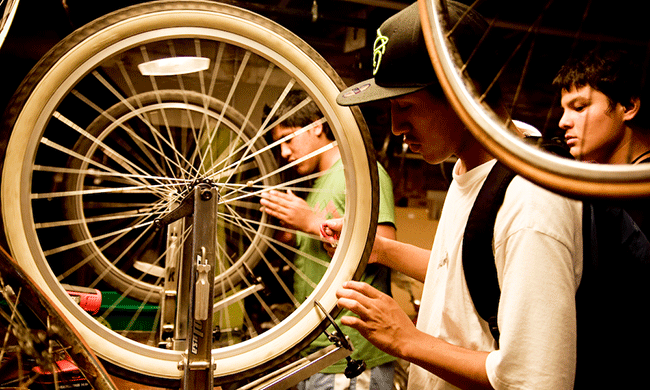
A visit to the Science Center in Bicycles, Airships, and Things that Go by Bernie McAllister, Illustrated by John Aardema
A few items for parents interested in STEM education:
“STEM-Works, a resource for teachers, mentors, parents, STEM professionals, volunteers, and everyone passionate about getting children eager to learn about science, technology, engineering, and math.” From the engineering school at Southern Methodist University
http://stem-works.com
The University of Washington’s Childcare Quality and Early Learning group has a presentation on Infant and Toddler STEM. This document helpfully breaks down what STEM is in terms of early learning:
“Science is a way of thinking. Science is observing and experimenting, making predictions, sharing discoveries, asking questions, and wondering how things work.
Technology is a way of doing. Technology is using tools, being inventive, identifying problems, and making things work.
Engineering is a way of doing. Engineering is solving problems, using a variety of materials, designing and creating, and building things that work.
Math is a way of measuring. Math is sequencing (1, 2, 3, 4, …), patterning (1, 2, 1, 2, 1, 2, …) and exploring shapes (triangle, square), volume (holds more or less), and size (bigger, less than).”
Finally, this post on Getting Smart is from last year but helpful still, “5 Ways Parents can support STEM learning.” The methods include encourage questioning and visit a science museum–which is exactly what our characters do in the title Bicycle, Airships, and Things that Go!



